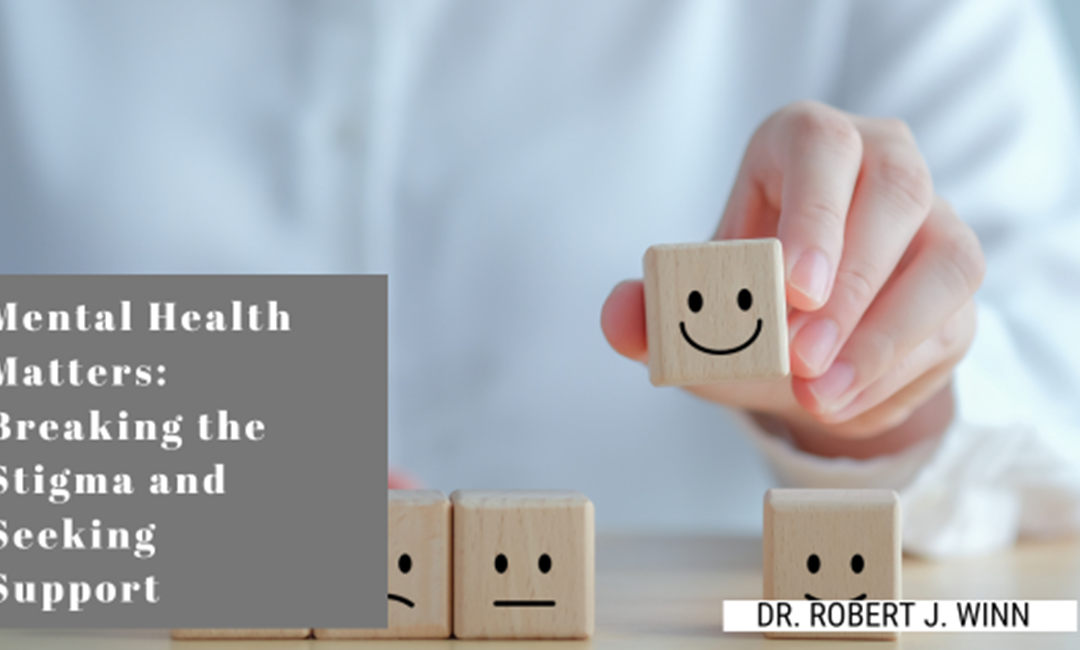In recent years, there has been a significant shift in the way society views mental health. While there is still progress to be made, conversations about mental well-being are becoming increasingly open and destigmatized. However, despite this progress, many individuals still struggle to seek support due to lingering misconceptions and fear of judgment. It’s crucial to continue breaking down these barriers and encouraging individuals to prioritize their mental health. Here’s why mental health matters, and why seeking support is essential:
The Importance of Mental Health
Mental health is just as important as physical health. It encompasses our emotional, psychological, and social well-being and plays a crucial role in every aspect of our lives, from our relationships and work performance to our overall quality of life. Neglecting mental health can lead to a range of issues, including stress, anxiety, depression, substance abuse, and even physical health problems. By prioritizing mental health, individuals can build resilience, cope with life’s challenges, and lead fulfilling and meaningful lives.
Breaking the Stigma
Despite growing awareness and understanding of mental health issues, stigma and discrimination still persist. Stigma can prevent individuals from seeking help, speaking openly about their struggles, or accessing the support and resources they need. It’s essential to challenge stereotypes, myths, and misconceptions about mental illness and promote a culture of acceptance, empathy, and understanding. By breaking the stigma surrounding mental health, we can create a more supportive and inclusive society where everyone feels valued and respected.
Encouraging Open Conversations
Open and honest conversations about mental health are critical for reducing stigma and promoting awareness. By sharing our experiences, challenges, and successes, we can create a supportive community where individuals feel safe and empowered to speak up about their mental health concerns. Encourage friends, family members, and colleagues to check in with each other, ask how they’re feeling, and offer support without judgment. By fostering open conversations, we can create a culture of care and compassion where mental health is prioritized and valued.
Seeking Professional Help
While support from friends and family is essential, it’s also important to seek professional help when needed. Mental health professionals, such as therapists, counselors, and psychiatrists, are trained to provide evidence-based treatment and support for a wide range of mental health issues. If you’re struggling with persistent feelings of sadness, anxiety, or hopelessness, or if your mental health is impacting your daily functioning and quality of life, don’t hesitate to reach out for help. Seeking professional support is a sign of strength and self-care, not weakness.
Accessing Resources and Support Services
In addition to professional help, there are many resources and support services available for individuals struggling with mental health issues. These may include helplines, support groups, online forums, self-help resources, and community mental health centers. Take advantage of these resources to connect with others who understand what you’re going through, learn coping strategies, and access the support and guidance you need to navigate your mental health journey.
Practicing Self-Care
Self-care is an essential aspect of maintaining good mental health. Take time to prioritize activities that nourish your mind, body, and spirit, such as exercise, mindfulness, hobbies, and spending time with loved ones. Set boundaries, prioritize rest, and practice self-compassion and forgiveness. Remember that it’s okay to ask for help and take breaks when needed. By taking care of yourself, you’ll be better equipped to cope with life’s challenges and thrive.
In conclusion, mental health matters, and seeking support is essential for promoting well-being and resilience. By breaking the stigma, encouraging open conversations, seeking professional help, accessing resources and support services, and practicing self-care, individuals can prioritize their mental health and create a life that is rich in meaning, connection, and fulfillment. Remember that you are not alone, and help is available. Together, we can create a society where mental health is valued, supported, and prioritized.


